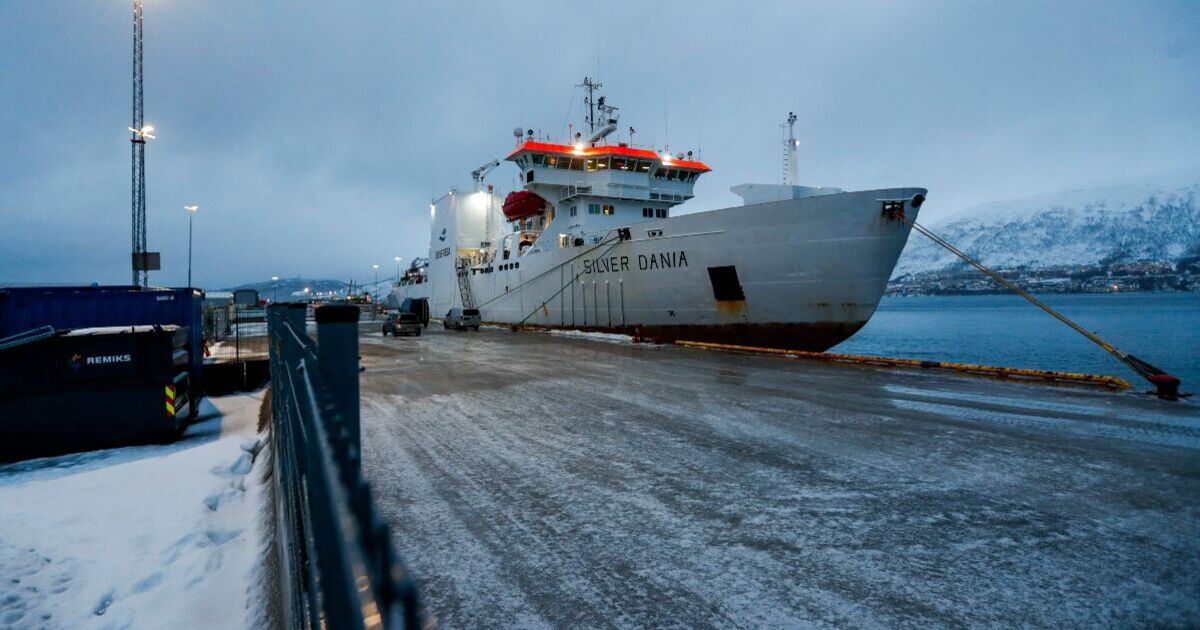Britain is “woefully” unprepared to meet threats posed to undersea cables by China and Russia, according to a new report. The China Strategic Risks Institute (CSRI) analysed 12 suspected cases of undersea cable sabotage between January 2021 and April 2025. It reported that of the 10 where vessels were identified, eight were linked to China or Russia by flag or ownership.
CSRI said involvement of Chinese vessels in cable breakages in Europe and of Russian vessels near Taiwan suggested “plausible” China-Russia coordination. The Institute identified the UK as a “likely target” for so-called “grey zone” warfare – a term used to describe conditions between peace and all-out war.
It said the UK must be “clear-eyed and proactive” to address such threats to undersea cables, which have been described as the “backbone” of the internet and vital for civilian as well as defence infrastructure.
An estimated 99% of data transmission between continents runs through cables along the sea floor. As a central hub for cable systems to and from Europe via the Atlantic, the UK is likely to be a target for sabotage operations.
Britain is the landing point for 60 undersea cable systems, including nine of the 15 undersea cables which link Europe to North America.
But in a submission to Parliament’s Joint Committee for National Security Strategy, the Government admitted it has limited capabilities to monitor commercial maritime traffic around undersea cables.
Andrew Yeh, Executive Director of CSRI and author of the report, said: “Undersea cables underpin prosperity and security in the digital age. We cannot afford to be naive about the unprecedented threat that China and Russia’s grey-zone operations pose to the UK’s undersea infrastructure.
“While well set up to deal with conventional threats, the UK’s defence infrastructure is woefully inadequate in protecting against grey zone tactics.
“The UK must bolster its monitoring and surveillance capabilities, while looking to partners such as Taiwan who have a wealth of experience in countering grey-zone threats.”
CSRI’s report makes a number of recommendations, including intelligence sharing between the UK and Taiwan on Chinese and Russian shadow fleets.
Vessels from Russia‘s shadow fleet, which illicitly transports oil to skirt Western restrictions, have come under suspicion of damaging undersea cables, particularly in the Baltic Sea.
Finnish police in December seized the Eagle S tanker on suspicion it used its anchor to damage the Estlink 2 undersea power cable which supplies electricity from Finland to Estonia.
Police in Norway said in January they had seized the Norwegian-owned ship Silver Dania at Latvia’s request over suspected involvement in damage done to a Baltic Sea cable.
The CSRI report also recommends amending the Paris Memorandum of Understanding on Port State Control to create a Europe-wide joint reporting and investigation mechanism for vessels suspected of sabotage.
A further recommendation is for a shared approach from NATO to monitor, pursue and stop such vessels.
